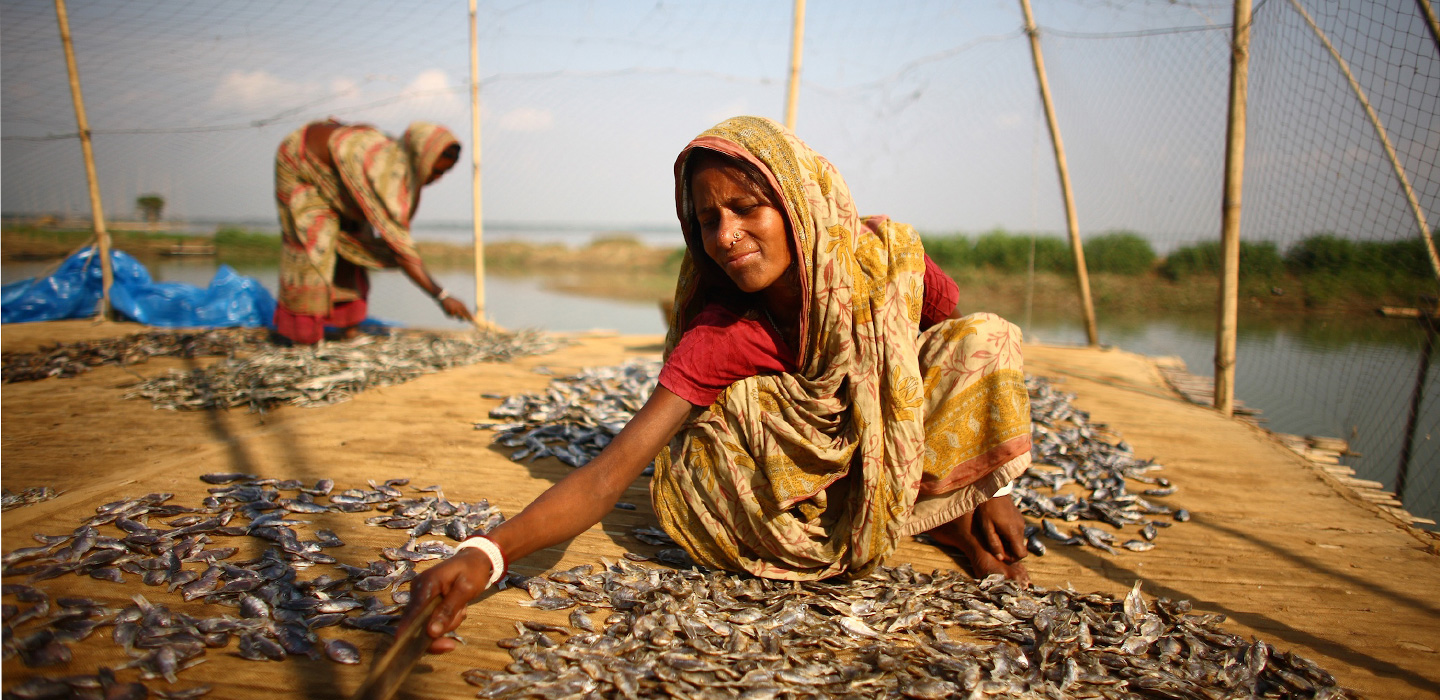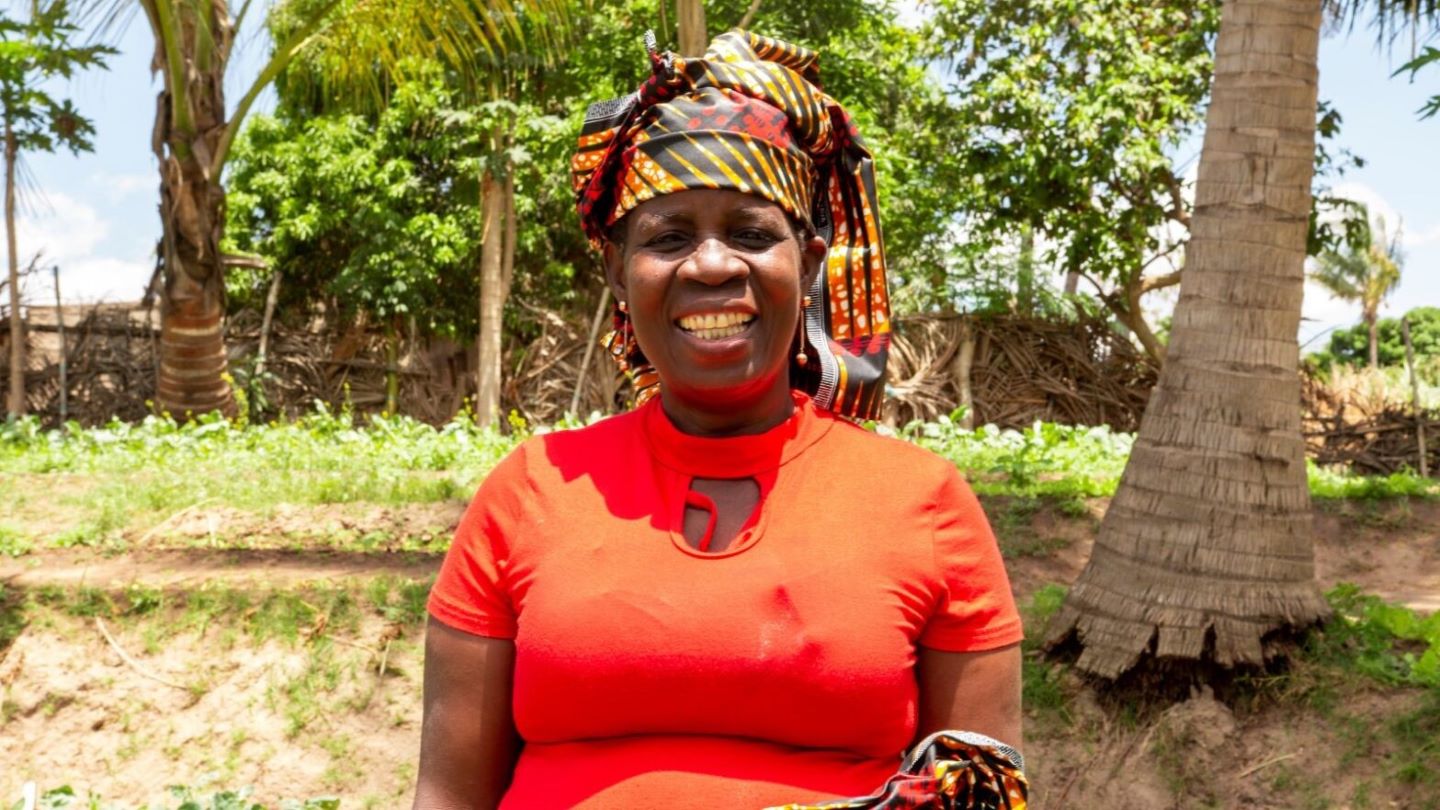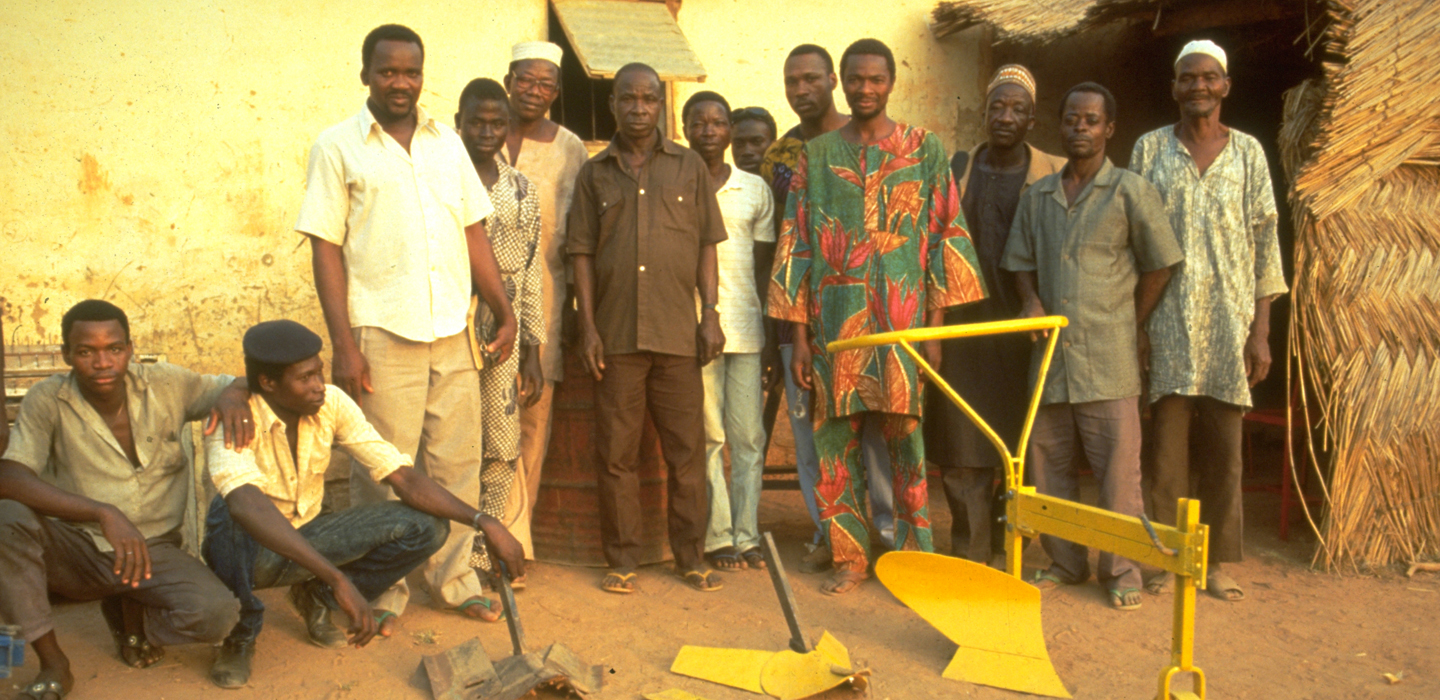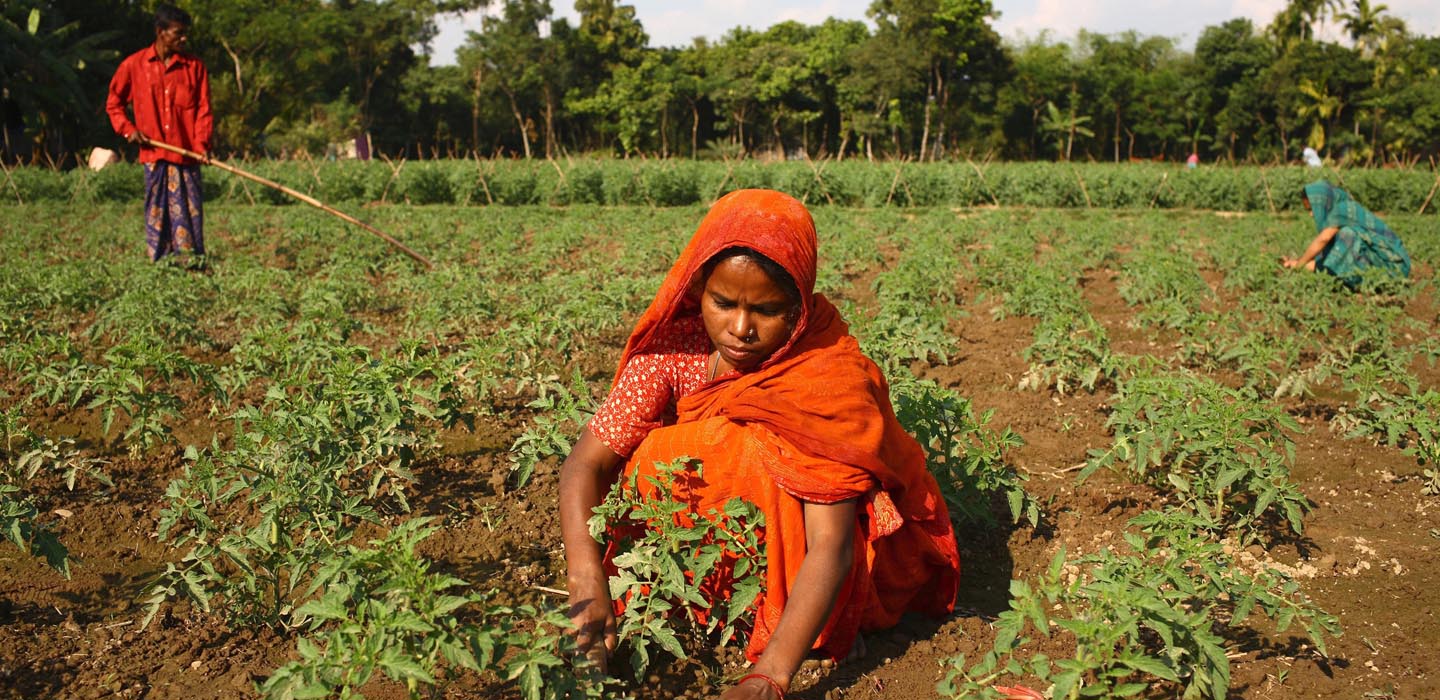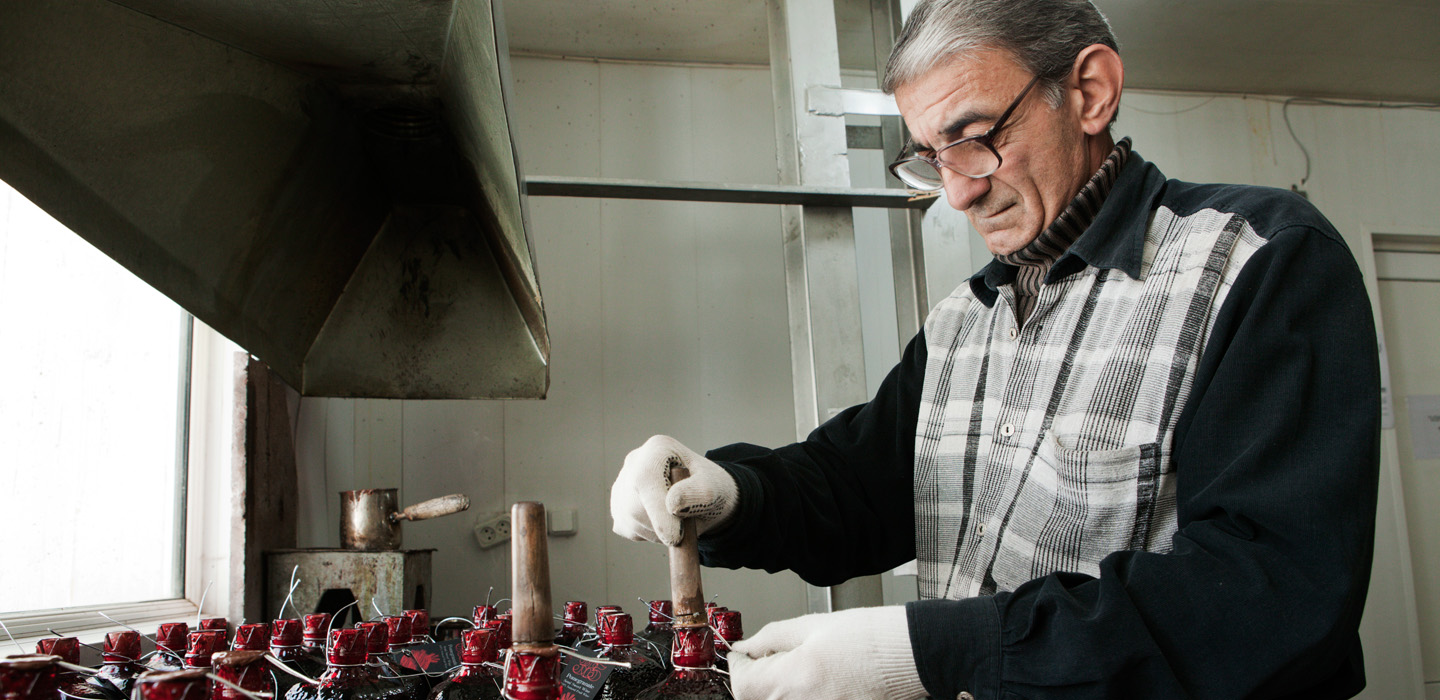Rural finance
Rural finance - banner
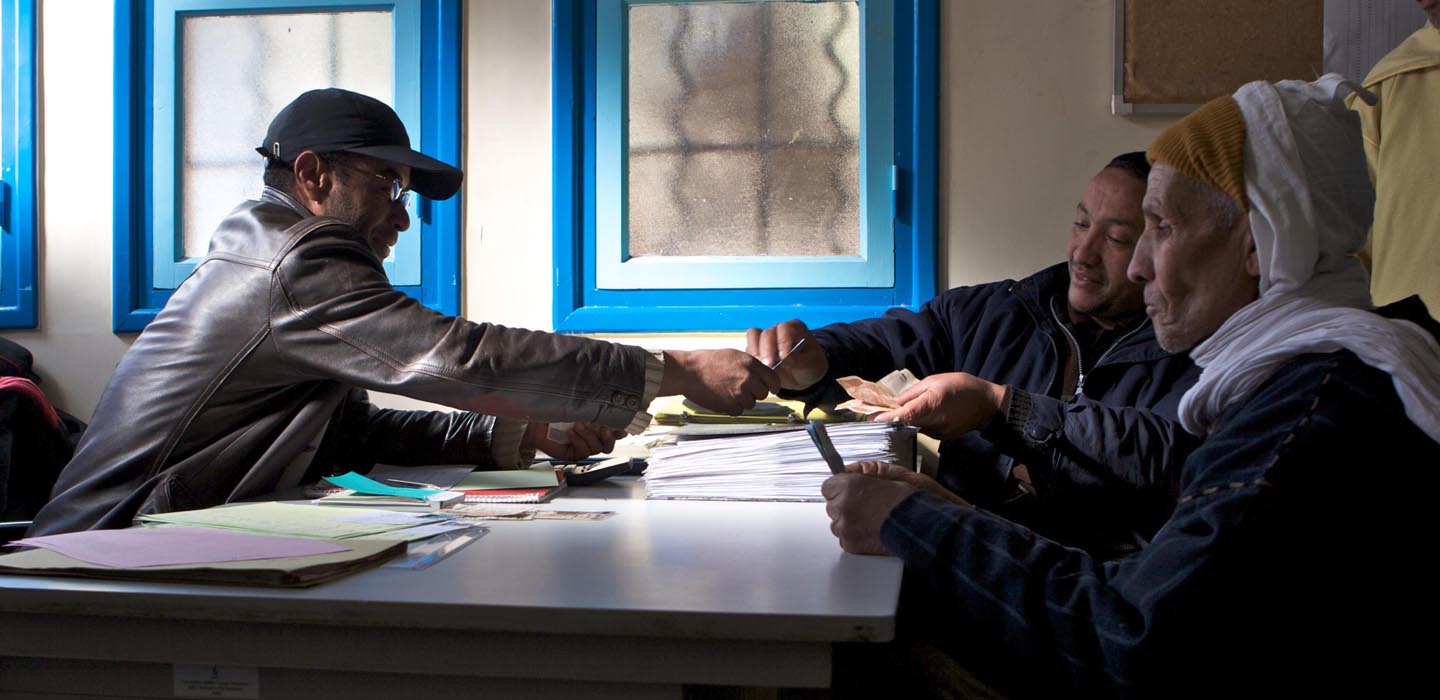
Rural Finance
Rural finance
The vast majority of rural people do not have reliable, secure ways to save money, protect and build assets, or transfer funds. This is particularly true for vulnerable groups, such as women, youth, and displaced people.
Basic formal financial services still reach only 10 per cent of rural communities. Weak infrastructure, the limited capacity of financial service providers, and low levels of client education all contribute to this complex problem.
An engine of rural transformation
IFAD recognizes the vast potential of rural finance to improve the livelihoods of rural people.
Over the past 30 years, the development of financial systems has had an enormous impact on rural livelihoods. Ground-breaking institutions and new instruments have allowed financial services to grow and broaden their reach.
Technology has allowed clients in remote communities to access a wider range of financial products.
IFAD has worked on rural finance systems in more than 70 countries for over four decades, and has invested over US$3 billion in rural finance systems.
But there is still much to be done. In a changing global economy, amidst financial crises, volatile food and agricultural commodity prices, and the perils of climate change, inclusive rural finance remains a crucial element in rural transformation.
Managing risks and leveraging investments
There are many risks affecting smallholder farmers that discourage the private sector from investing.
Financial institutions often perceive small-scale agriculture as being too risky and are reluctant to lend money to farmers and agribusinesses. Farmers themselves are reluctant to borrow for agricultural production because of their difficulty in managing risks such as climate-related shocks and livestock disease.
Over the past ten years, IFAD has become a leader in the field of agricultural risk management (ARM). The Fund promotes a holistic approach to protect and strengthen rural economies and food production systems, at the same time as leveraging rural financing and investment in smallholder farmers.
As part of the holistic approach to ARM, insurance is a valuable financial tool for unavoidable risks that cannot be managed in other ways.
IFAD hosts the Platform for Agricultural Risk Management (PARM), a G20 initiative that brings a comprehensive risk management approach and process, where risks in agriculture are assessed, prioritized and tackled in a structured way.
PARM provides technical support to developing country governments to support them in moving away from a culture of coping with disasters towards a smart management of risk.
PARM is also home to two technical assistance initiatives focused on agricultural and climate risk insurance that support IFAD’s portfolio: INSURED (Insurance for Rural Resilience and Economic Development) and Managing Risks for Rural Development: Promoting Microinsurance Innovations (MRRD).
The power of microfinance and remittances
IFAD-supported projects increase access to financial services and loans, so that small-scale producers can invest in their businesses and increase their productivity.
As one of the leading microfinance funders worldwide, IFAD's ongoing investments in rural finance at 31 December 2017 was around US$1.14 billion. Approximately 13 per cent of our ongoing investment portfolio is dedicated to rural finance.
Remittances are a powerful instrument for fostering financial inclusion and livelihood development in rural communities. Our multi-donor Financing Facility for Remittances (FFR) aims to maximize the impact of remittances on development, and promotes migrants’ engagement in their countries of origin.
In depth
In depth
Insurance
Smallholder farmers and poor rural households are extremely vulnerable to local and global shocks. Agriculture is their main source of food and income, and this is the sector hardest hit by the climate breakdown.
Remittances and migration
For over a century, people have been moving from rural to urban areas, and across national borders in search of better opportunities. Of the 250 million international migrants, approximately 200 million leave home to work and send remittances home to their families.
Spotlight
Spotlight
In Mozambique, a boost to private sector finance is a boost to rural communities
Financial exclusion is acute in rural Mozambique, and women are disproportionately impacted. Closing the funding gap to catalyse private-sector investment in rural communities can make all the difference.
Experts
Asset Publisher

James Marc de Sousa-Shields
Lead Regional Technical Specialist, Rural Finance, Markets and Value Chains

Nadhem Mtimet
Senior Regional Technical Specialist, Rural Finance, Markets and Value Chains

Lorna Grace
Lead Regional Technical Specialist, Rural Finance, Markets and Value Chains
Sauli Hurri
Lead Global Technical Specialist (East and Southern Africa), Rural Institutions
Stories and news
Stories and news
In Mozambique, a boost to private sector finance is a boost to rural communities
Financial exclusion is acute in rural Mozambique, and women are disproportionately impacted. Closing the funding gap to catalyse private-sector investment in rural communities can make all the difference.
Champions of change: Meet the winners of the 2024 IFAD Gender Awards
Visit the five inspiring winners of this year’s Gender Awards and find out how they’re addressing the harmful practices, social norms and economic disparities that keep women from achieving their potential.
Twenty years on from the first Farmers’ Forum, four farming leaders weigh in
We asked four farmers’ organization leaders from around the world about current challenges, new developments and their hopes for the future at the eighth global meeting of the Famers’ Forum.
IFAD partners with Hamkorbank in Uzbekistan to provide needed micro-loans to dairy and horticulture producers
IFAD is increasing its efforts to facilitate private sector engagement in rural development. By providing a US$2.5 million loan to Hamkorbank, a leading commercial bank in Uzbekistan, 1,500 low-income dairy and horticulture producers will be able to access micro-loans to increase their incomes and improve their livelihoods.
Related publications
Related publications
INSURED results 2018-2023
This brief shares the results and lessons learned from the first phase of the Insurance for Rural Resilience and Economic Development (INSURED) programme.
INSURED Indonesia Country Update: Making climate risk insurance available to small-scale producers
IFAD’s INSURED programme has been working with partners in Indonesia to improve the availability of climate risk insurance that enables farmers to strengthen their resilience.
INSURED - Insurance for rural resilience and economic development
INSURED is a technical assistance programme working to strengthen agricultural insurance in IFAD’s portfolio.
Related documents
Related documents
Inclusive rural finance policy
This publication constitutes the new IFAD Inclusive Rural Finance policy, which supersedes the 2009 RFP.
IFAD Policy on improving access to land and tenure security
Secure access to productive land is critical to the millions of poor people living in rural areas and depending on agriculture, livestock or forests for their livelihood.
It reduces their vulnerability to hunger and poverty; influences their capacity to invest in their productive activities and in the sustainable management of their resources; enhances their prospects for better livelihoods; and helps them develop more equitable relations with the rest of their society, thus contributing to justice, peace and sustainable development.
